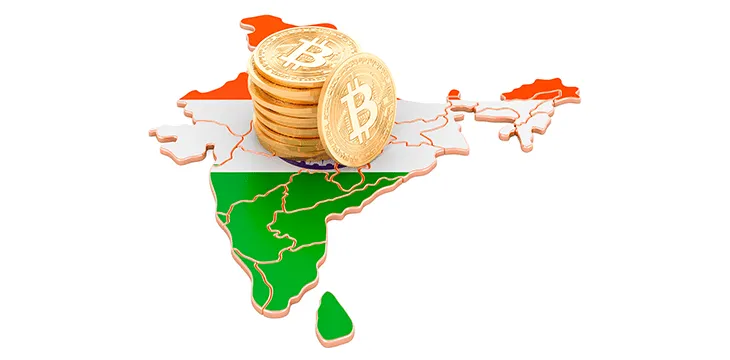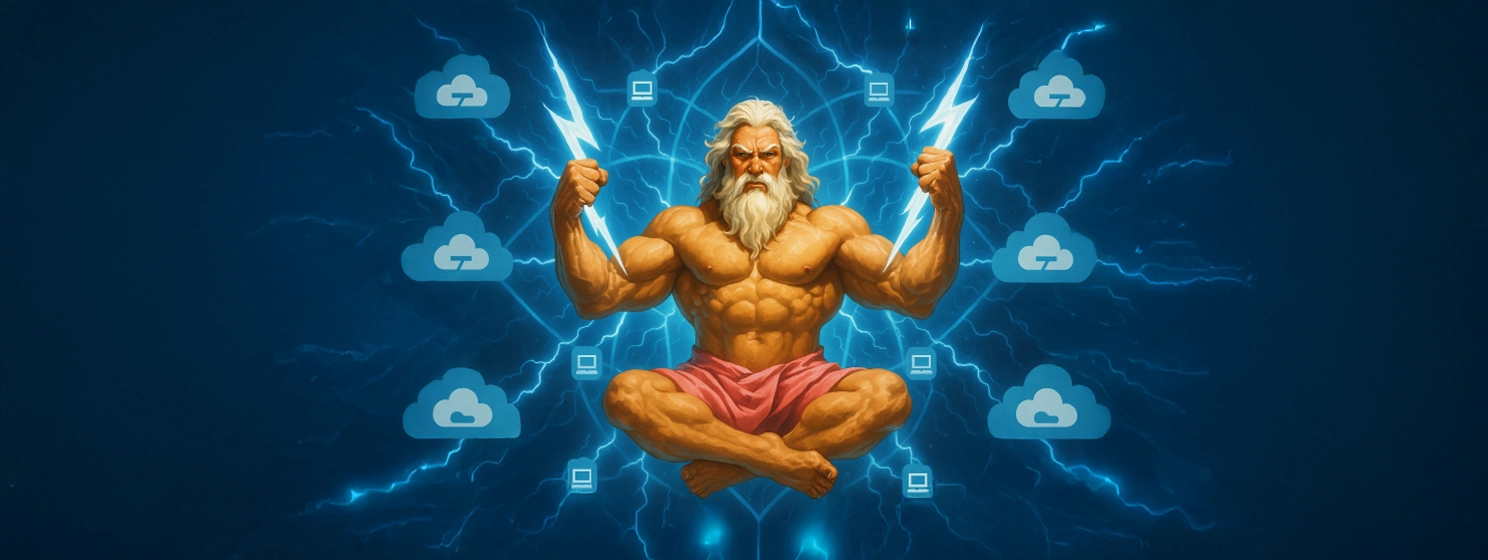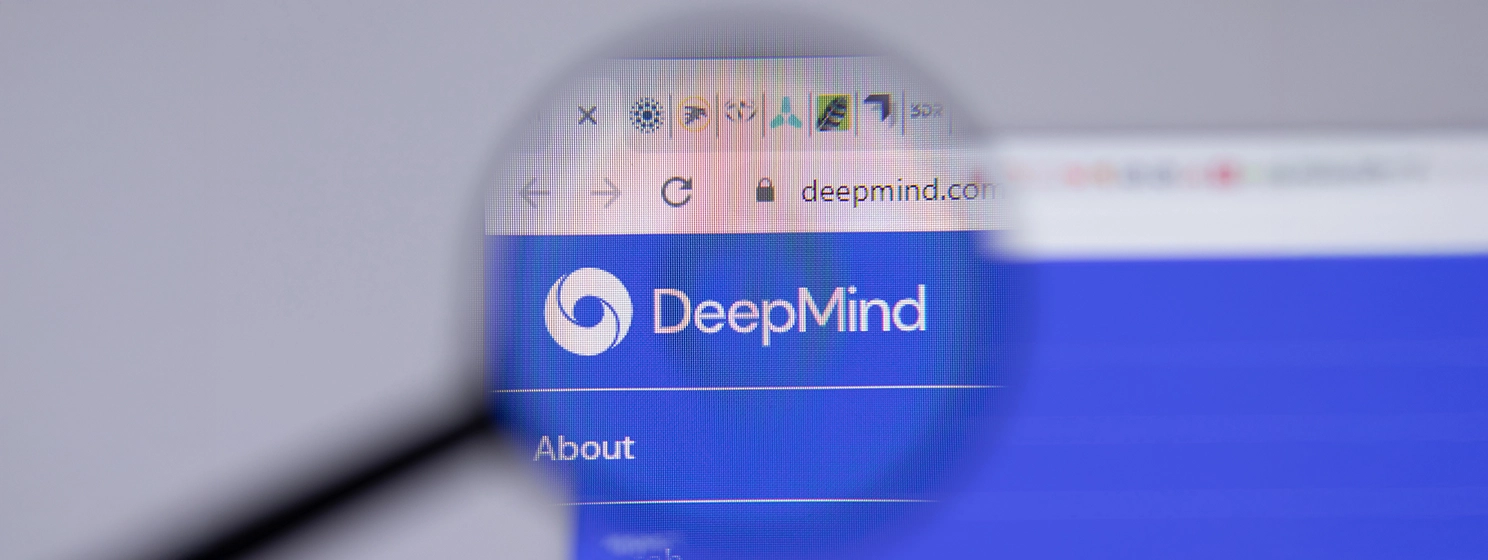|
Getting your Trinity Audio player ready...
|
Digital currencies, especially the term “Bitcoin,” ring a bell for most people in India, although they don’t know much outside of that one coin. I write this story after speaking with two journalists and 30 individuals from different strata and regions of India. No one from the group knew about Bitcoin SV, the only coin modeled on the original Bitcoin protocol. “What is it?” they asked with mouths agape and with the most curious tone. “It is Bitcoin,” I said, explaining that BSV is the real Bitcoin, the derivations of which were invented and claimed by several groups and that HODL investors follow blindly.
Population: 1.4 billion
Number of digital currency investors: 20 million
Number of blockchain and digital currency startups: 380
Number of digital currency exchanges: 19+
Digital currency market size: $6.6B
Number of people interviewed for this article: 32, including 2 journalists
Number of those interviewed who had heard of Bitcoin SV: None
I came across Bitcoin SV for the first time in 2019, followed by a ton of research and conversations with different individuals and groups. Am I an avid investor? No, but I believe in research to discover facts, especially those that reflect authenticity. And that task is becoming increasingly difficult in the modern social media-driven era of misinformation.
There are over 8,000 digital currencies that people buy, but few understand the history and theory of Bitcoin. The interviewees in India knew only BTC, Ethereum, or Dogecoin. I wondered why that is.
“Even though there are about 20 million crypto investors, the proportion of researchers in India is still meager,” Vijay Roy, Business Editor at The Tribune Group of Newspapers in Chandigarh, told me. Rao complained that the majority is going with the tide, hoping to make a quick buck. On the other hand, brokers and dealers are happy with the traditional financial system and are opposed to the concept of digital currencies.
“Those are the two main spectrums in India, and neither wants to learn what’s original or Bitcoin SV; in other words,” Rao added. He candidly expressed that he never heard of the digital currency Bitcoin SV and that he is familiar with 10-12 names, including Dogecoin and “the very expensive” BTC.
India is divided into North and South, and each region differs by education and means of earning a livelihood. The North dominates family-owned businesses with a relatively lesser emphasis on education than the South, where people put a lot of stress on information technology, medical, engineering, and obtaining government jobs.
According to Arup Roy Chowdhary, Assistant Editor of Policy and Regulation at Moneycontrol in Delhi, only a handful of people, particularly in technology hubs (cities) in South India, are interested in researching and investing judiciously. Blockchain, for instance, is quite a familiar technology in that part of the country. However, people from small towns, particularly in the North, get lured into buying and trading trendy digital currencies while the rest invest in Ponzi schemes.
Indians know what Bitcoin is through frequent remarks made by celebrities like Elon Musk. He accepts BTC, and the price goes up; he rejects BTC, the price goes down. The Indian government does not take comments from celebrities lightly, as they only make the already volatile space more unsteady, Chowdhary added.
What should we do to educate the world’s second-largest market about BSV?
1. Hold events that spread the right message to the right audience at the right time. BSV Blockchain Association, a non-profit organization based in Switzerland, works to facilitate BSV adoption worldwide. As a part of India’s first BSV Meetup organized by BuyUCoin in 2020, BSV Blockchain Association Founding President Jimmy Nguyen said India is an exceptionally important market, and Bitcoin SV will have a huge role to play in the future. Nguyen asserted that Bitcoin SV would allow Indian entrepreneurs to build scalable applications on the Bitcoin blockchain.
2. More exchanges that support BSV. Right now, BuyUcoin, CoinDCX, and Huobi support BSV and allow users to buy and sell BSV in Indian rupee (INR), while most exchanges have delisted the currency or charge exorbitant rates in foreign currency. Jatin Thareja, an IT Manager in New Delhi, learned about Bitcoin SV from his sister-in-law, who lives in the United States. He lamented that he wanted to buy BSV but could not find an exchange that supported that currency. The ones that did were only accepting USD and a transaction percentage rate. Binance-owned WazirX is the country’s largest exchange, but it does not offer BSV.
3. Measures to rein in social media. Misinformation and displaced information are a norm on social media, making it hard to keep track of the credible content and the sources. People are busy trolling and belittling others regarding content regardless of its origin and authenticity. Companies like Facebook, Twitter, etc., have been under investigation in recent years; however, no explicit regulations have been implemented.
“We should get back to reading research papers and meet knowledgeable people in person, instead of wasting time on trolling threads on social media,” Tara Madaan, a former Biochemistry Research Fellow in India and a current Ph.D. candidate at the University of Toronto, said.
According to Chowdhary, the Indian bureaucracy is always slow to take to new technologies in general, and the same is the case with digital currency. On the other hand, Rao concluded referring to an excellent analogy: “Mutual funds were in the exact position 15 years ago in India. But every household in the country owns a mutual fund today. The same could happen with crypto.”
Watch: CoinGeek New York presentation, Increasing Footprints of BSV Blockchain in Middle East & South Asia
https://www.youtube.com/watch?v=wGw6rBv7nlc&t=9765s

 09-18-2025
09-18-2025 





